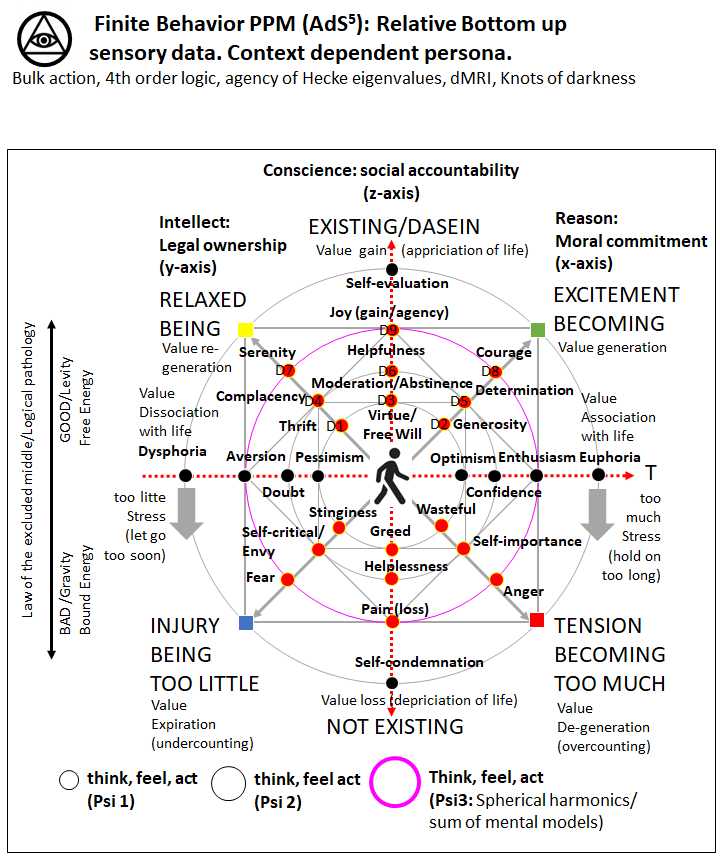The collective human behavior is sometimes called “Self-hood”, and describes the interaction between the self and nature (environment), resulting in the strong force of nature.

Interpreting reason as legal ownership, intellect as moral commitment, and conscience as social accountability offers a philosophical perspective on how these abstract concepts can be understood in terms of personal rights, ethical behavior, and social responsibility:
- Reason as Legal Ownership: This concept suggests that an individual’s capacity for reason is their inherent, personal property, much like a legal right or ownership. It implies that the ability to think, analyze, and reason is an intrinsic part of one’s identity and autonomy, deserving protection and respect. In this context, reason can be seen as a fundamental human right, akin to the right to freedom of thought. This perspective emphasizes the value of intellectual freedom and the protection of one’s mental autonomy, akin to how legal ownership safeguards physical or intellectual property.
- Intellect as Moral Commitment: Here, the use of intellect is viewed not merely as a cognitive function but as a moral obligation. This perspective holds that individuals should use their intellectual capabilities responsibly and ethically. A moral commitment to intellect entails applying one’s intelligence and understanding to make ethical decisions, pursue truth, and contribute positively to society. It’s about using knowledge and understanding in ways that reflect personal integrity and ethical principles, beyond mere personal gain or compliance with rules.
- Conscience as Social Accountability: Conscience in this context is understood as the inner sense of right and wrong that guides a person’s actions and decisions, particularly in relation to their social responsibilities. Social accountability through conscience means individuals and organizations are expected to act in the best interests of society, guided by an internal moral compass. This concept emphasizes the role of personal ethics in public life and the importance of being answerable for actions that affect the community and environment. It’s about making choices that are not only legally compliant but also morally sound and beneficial to the broader society.
These interpretations highlight the importance of personal autonomy in reasoning, ethical application of intellect, and the role of conscience in ensuring socially responsible behavior.